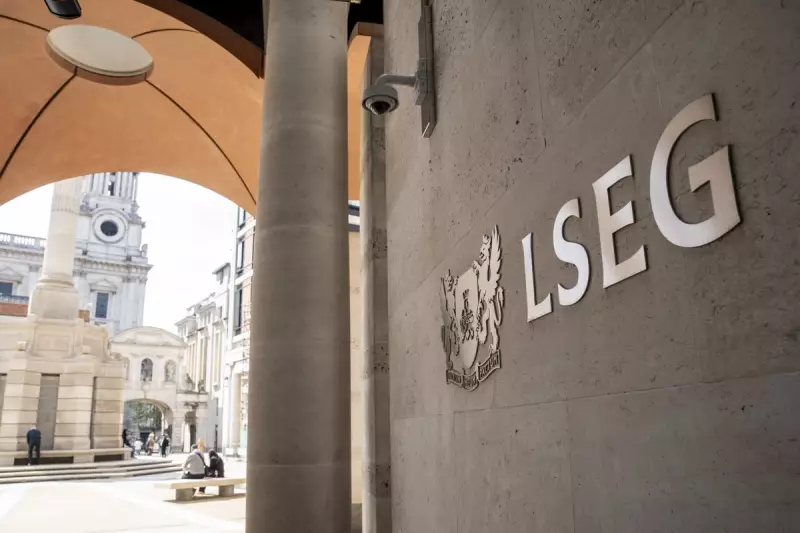
In a significant pre-budget intervention, Shadow Chancellor Rachel Reeves has drawn a clear line in the sand, declaring that a future Labour government would resist implementing Trump-style tax cuts that risk destabilising the British economy.
Fiscal Responsibility Takes Centre Stage
Speaking ahead of the Chancellor's Autumn Statement, Reeves emphasised that her "first priority" would be maintaining economic stability rather than pursuing dramatic tax reductions modelled on Donald Trump's 2017 US tax reforms. The shadow chancellor's comments signal a deliberate shift toward what she describes as "robust fiscal rules" and economic credibility.
Warning Against Unfunded Spending
Reeves didn't mince words when addressing the current government's approach, stating she would avoid making "lots of unfunded spending promises" that could jeopardise Britain's financial standing. This position places Labour in direct contrast to Conservative calls for significant tax reductions, particularly concerning inheritance tax.
The shadow chancellor told Sky News: "I want to bring in a new fiscal lock to bring back that stability and that security to our economy and our public finances."
Market Confidence Over Political Popularity
Reeves' stance reflects a calculated approach to economic management, prioritising market confidence and international investment over short-term political gains. Her comments suggest Labour has learned from recent market turbulence triggered by the Truss government's mini-budget, with the shadow chancellor explicitly noting the importance of maintaining "the confidence of the markets in our public finances."
Building Economic Bridges
The Labour frontbencher's measured approach extends to business relations, as she revealed ongoing discussions with corporate leaders about her growth plans. This engagement strategy appears designed to reassure both domestic and international investors that a potential Labour government would maintain economic stability while pursuing gradual reform.
With the Autumn Statement looming, Reeves' comments establish clear battle lines on economic policy and position Labour as the party of fiscal responsibility in what promises to be a fiercely contested pre-election period.





